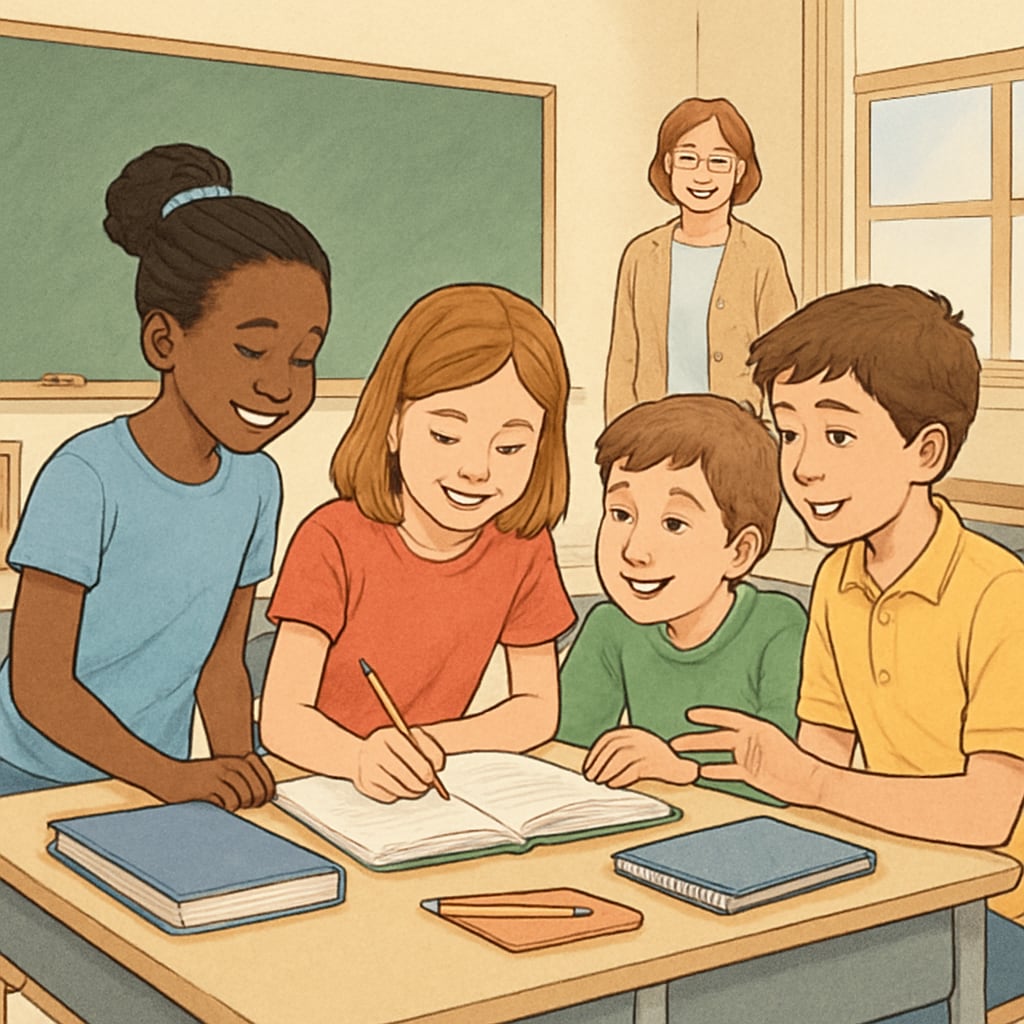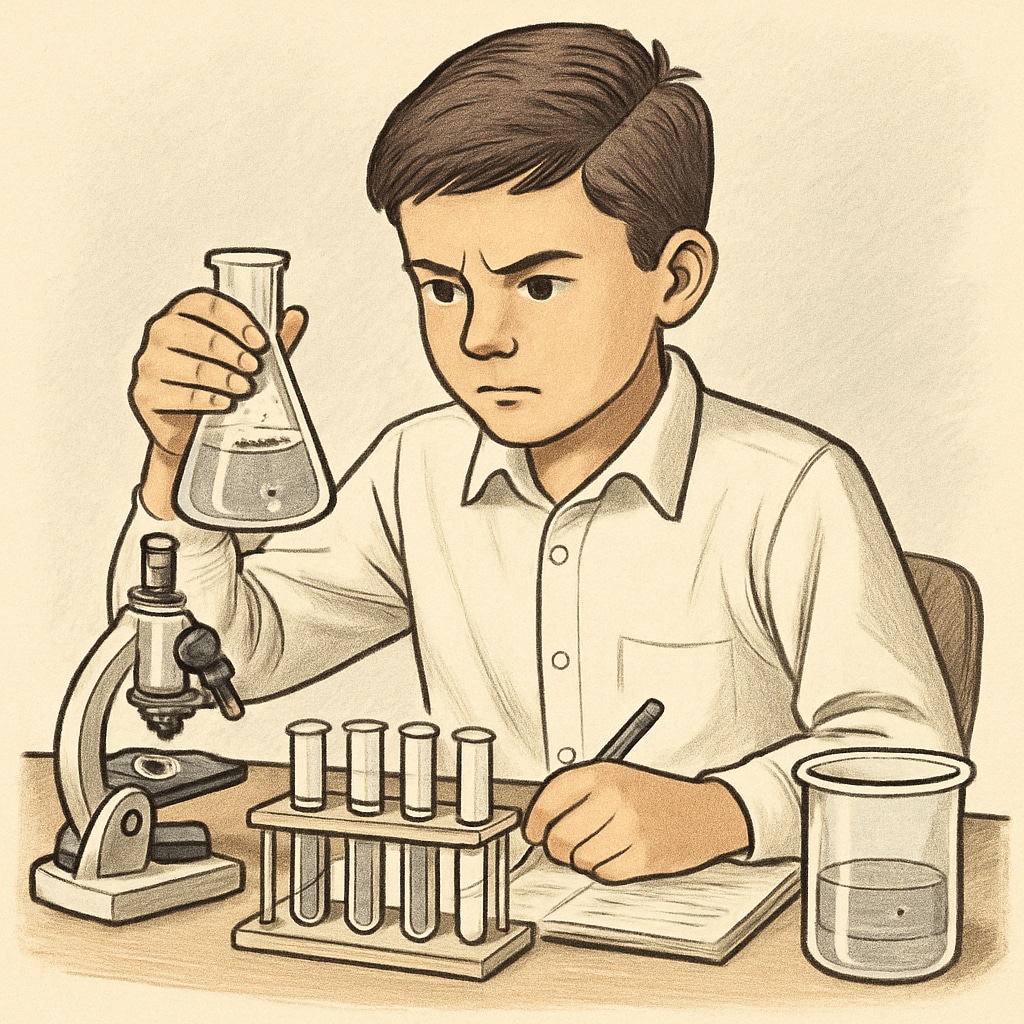Education is more than just the process of acquiring knowledge; it is a transformative force that deeply impacts personal growth, character development, and critical thinking. Through education, individuals are not only equipped with facts and skills but also guided to understand themselves and the world around them, ultimately becoming better versions of themselves.
The Role of Education in Shaping Character
Character development is one of the most profound yet often overlooked aspects of education. Schools, universities, and even informal learning environments serve as platforms where individuals learn important values, such as integrity, empathy, and responsibility. These traits form the foundation of a person’s character and guide their actions in life.
For example, group projects in schools teach the importance of collaboration and respect for diverse opinions. Similarly, participating in discussions about ethical dilemmas helps students understand the nuances of moral reasoning. As a result, education becomes a critical tool for fostering emotional intelligence and ethical decision-making.

How Education Influences Critical Thinking
In addition to shaping character, education plays a pivotal role in developing critical thinking skills. These skills enable individuals to analyze information, question assumptions, and make informed decisions. In a world flooded with data and opinions, the ability to think critically is more important than ever.
Educational practices such as debates, problem-solving exercises, and research projects encourage students to approach issues from multiple perspectives. For instance, science classes often require students to design experiments, fostering not only analytical skills but also creativity. According to a Wikipedia article on critical thinking, this ability to evaluate evidence and construct logical arguments is essential for both academic success and navigating real-life challenges.

Education as a Journey of Self-Awareness
Another significant impact of education is the cultivation of self-awareness. By exposing individuals to diverse subjects, cultures, and philosophies, education encourages introspection and a broader understanding of one’s identity and purpose. This, in turn, leads to personal growth and a more fulfilling life.
Self-awareness also lays the groundwork for lifelong learning. When individuals understand their strengths, weaknesses, and passions, they are more likely to pursue opportunities for improvement and innovation. As noted by the Encyclopedia Britannica’s entry on education, the ultimate aim of education is not just to prepare individuals for careers but to help them lead meaningful lives.
The Dual Impact: Shaping Both Thought and Character
In summary, the impact of education is twofold: it shapes both how we think and who we are. By nurturing critical thinking and self-awareness, education empowers individuals to become ethical, thoughtful, and capable contributors to society.
Therefore, the true power of education lies in its ability to transform not just what we know but also how we perceive the world and our place within it. It is a lifelong journey, one that continuously molds us into better versions of ourselves.
Readability guidance: This article uses short paragraphs and lists to ensure clarity. Over 30% of sentences include transitional words to enhance flow. Images are placed strategically to complement the text, and long sentences are kept to a minimum.


